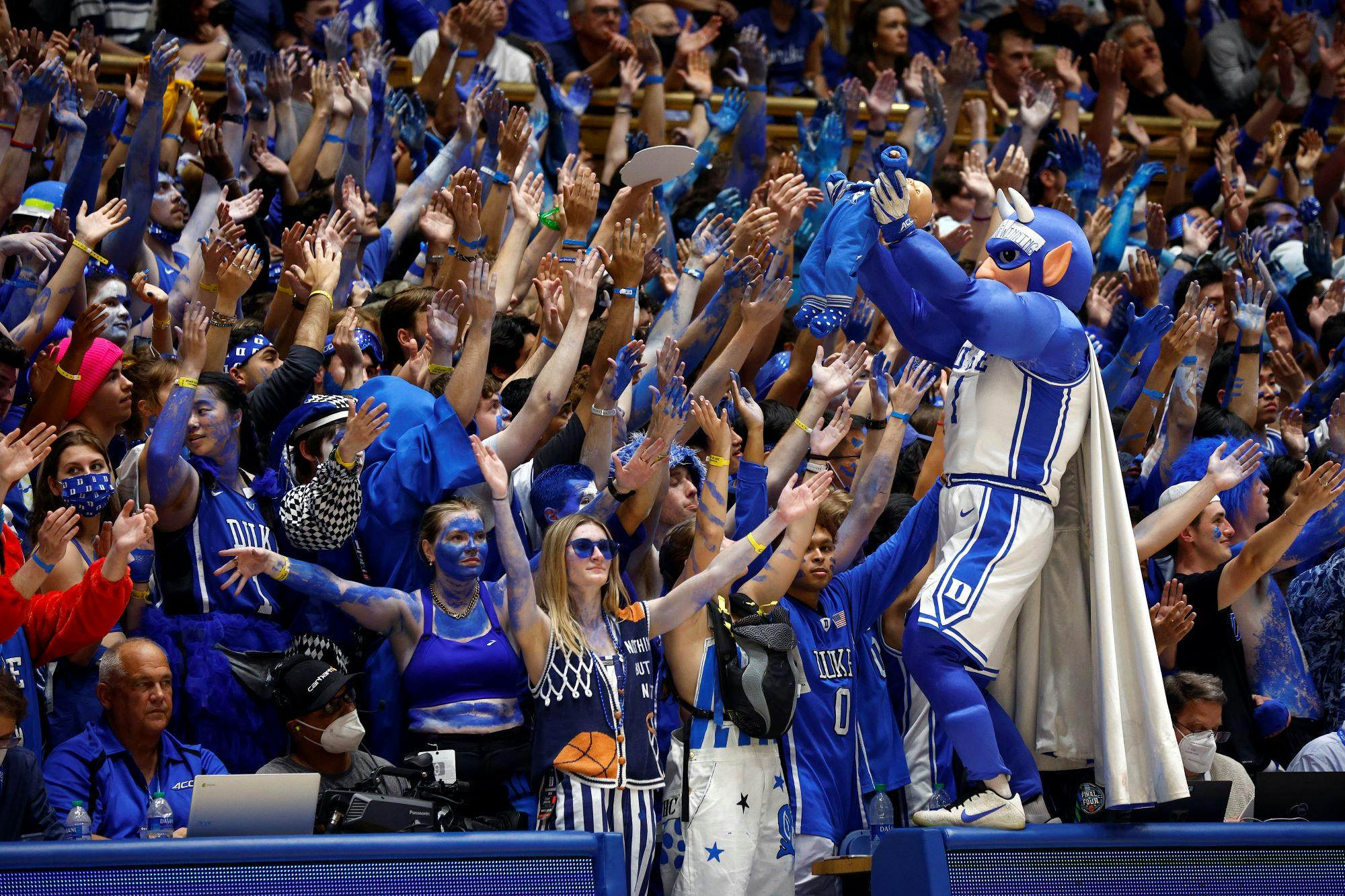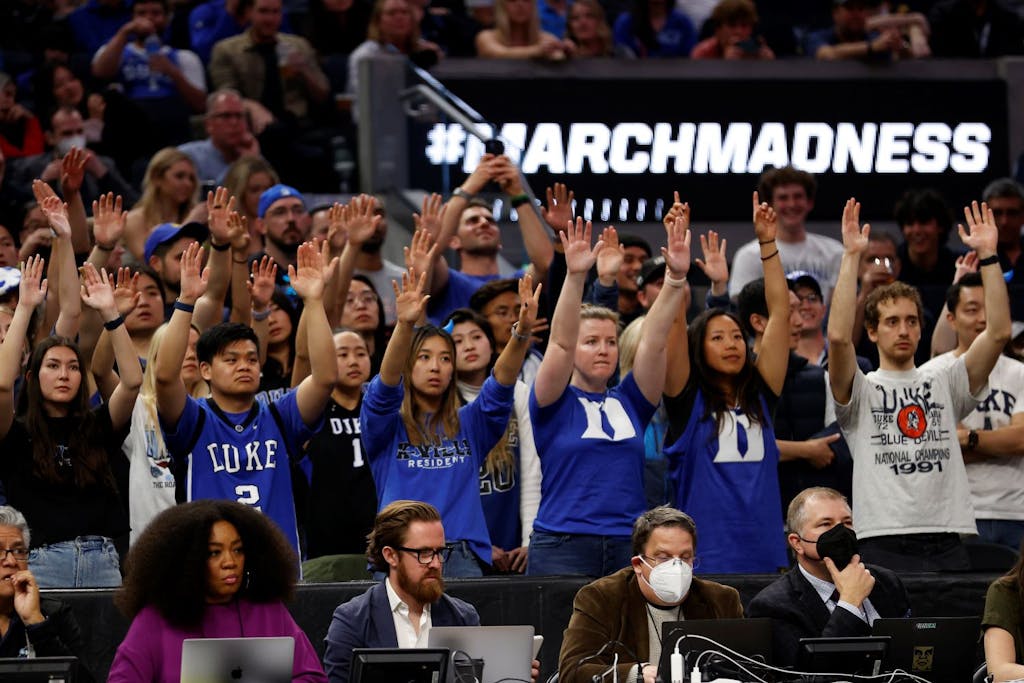From media companies and sportsbooks to leagues and clubs, proactive enterprises across world sport are increasingly aware of the importance of personalising the customer journey. It is for that reason that collecting, disseminating and analysing customer data – rather than relying on basic metrics via social networks – has never been more important, according to Josh Linforth, managing director of media and engagement at Genius Sports.
“It’s far better to have 100,000 registered and committed fans over one million likes on social media,” he says.
The good news is that a greater appetite for digital platforms amongst the public – accelerated by the Covid-19 pandemic – has opened up a wider variety of data touchpoints that can provide a clearer picture of how any fan is engaged or re-engaged.
However, simultaneously, ever-tightening data-privacy restrictions have had a significant impact – and forced organisations to reimagine their approach.
Established data-gathering methods that provided the pillars of targeted marketing have been challenged in recent years by the removal of cookies from web browsers like Firefox and Safari, with the likes of Google and Apple also tightening privacy. The leading social networks are also being hit by significant revenue losses in a shifting landscape.
“Targeted marketing has gone full circle over the past decade, from rapid growth to the clampdown on third-party data,” Linforth says. “Stripping away that data has been a significant challenge for our advertising partners and there is no silver bullet to the challenge of those cookies disappearing. The data is fragmented and so is the market, and there are multiple approaches that will need to be adopted.”
Value-based exchange
Sport-focused businesses have traditionally relied on first-party data – gathered directly from the individual they are attempting to engage – to garner the most accurate consumer insights.
However, so-called ‘zero-party data’, which is shared by a consumer intentionally as part of a value-based exchange, such as an experience or special offer, is becoming increasingly popular.

“People are getting smarter about businesses collecting their data,” Linforth says.
“There is evidence that audiences – and particularly younger people – are more willing to share their data than before, as long as it is handled correctly and they get something in return.
“Therefore, the focus should be on providing valuable experiences. Younger audiences are not consuming sports in the same way their parents did. They expect more personalised experiences, so the challenge is to be smart about curating experiences for them.”
Hyper-personalised experience
This data-driven, hyper-personalised experience begins with a greater focus on the sports events they are consuming, according to Linforth.
For example, artificial intelligence (AI) can automatically push certain matches to the forefront of an individual’s digital experience if, for example, the data shows that a particular contest is driving significantly more engagement than others for viewers who share particular traits.
To this end, Genius has built a full suite of ad-tech tools that allow partners to gather rich audience data and, through AI, provide tailored content or adverts for individuals based on their characteristics and preferences.
Genius has also reacted to the sharp growth of programmatic marketing, which essentially automates the process of buying online advertising space in real time, based on audience data. This year, programmatic is expected to surpass spending on digital display advertising in the US alone, partly driven by video advertising.
“Programmatic is a huge growth area of our business,” Linforth says. “It brings that extra level of targeting and makes it a lot easier to create personalised segments to drive the best possible results for our partners.”
Gamification
As an extension to this, Genius sees gamification as a key tool to engage the audience and generate the kind of value-based exchange that will lead to customers and viewers proactively sharing their personal data.
“Gamification is a great value-based exchange that gathers rich data that can be fed into other marketing tools,” Linforth adds. “We believe that it is possible to gamify the whole fan experience and there is a massive opportunity to engage with digital-savvy end users in this way.”

Gamification and personalisation are areas of the business that Genius has endeavoured to bolster over the past year. In May 2021, Genius acquired FanHub, a leading provider of free-to-play games and fan engagement solutions. Three months later, Spirable, which allows brands, agencies and rights-holders to create, automate and optimise highly personalised content, was also snapped up.
“The FanHub acquisition represented an important early step in boosting our gamification offerings, and Spirable allows for mass personalisation at scale across all media channels,” Linforth explains.
As an example, Linforth describes a personalised video project with Manchester City for its ‘Cityzens’ membership scheme, which featured a tailored video featuring the crowd chanting member’s name, and a personalised player-type contract with the individual’s name.
Owning the journey
Recognising the importance of data not only underpins innovative opportunities for rights-holders to interact with fans, but is also an expectation of commercial partners that are seeking to invest in sponsorship deals.
For this reason, the rights-holder needs to control the flow and analysis of fan data – something that is not possible with established third-party social media platforms.
“At Genius Sports, we always stress the importance of ‘owning the fan journey’ to our partners,” Linforth says.
“As long as you are not intrusive and it is done in the right way, you can engage them directly with content that will keep them coming back for more.
“There is certainly more understanding of this now, and we are seeing a lot of demand from partners who are keen to gain greater access to fan data and use it in more meaningful ways.”

This article was produced in association with Genius Sports. To find out more about the company, click here.